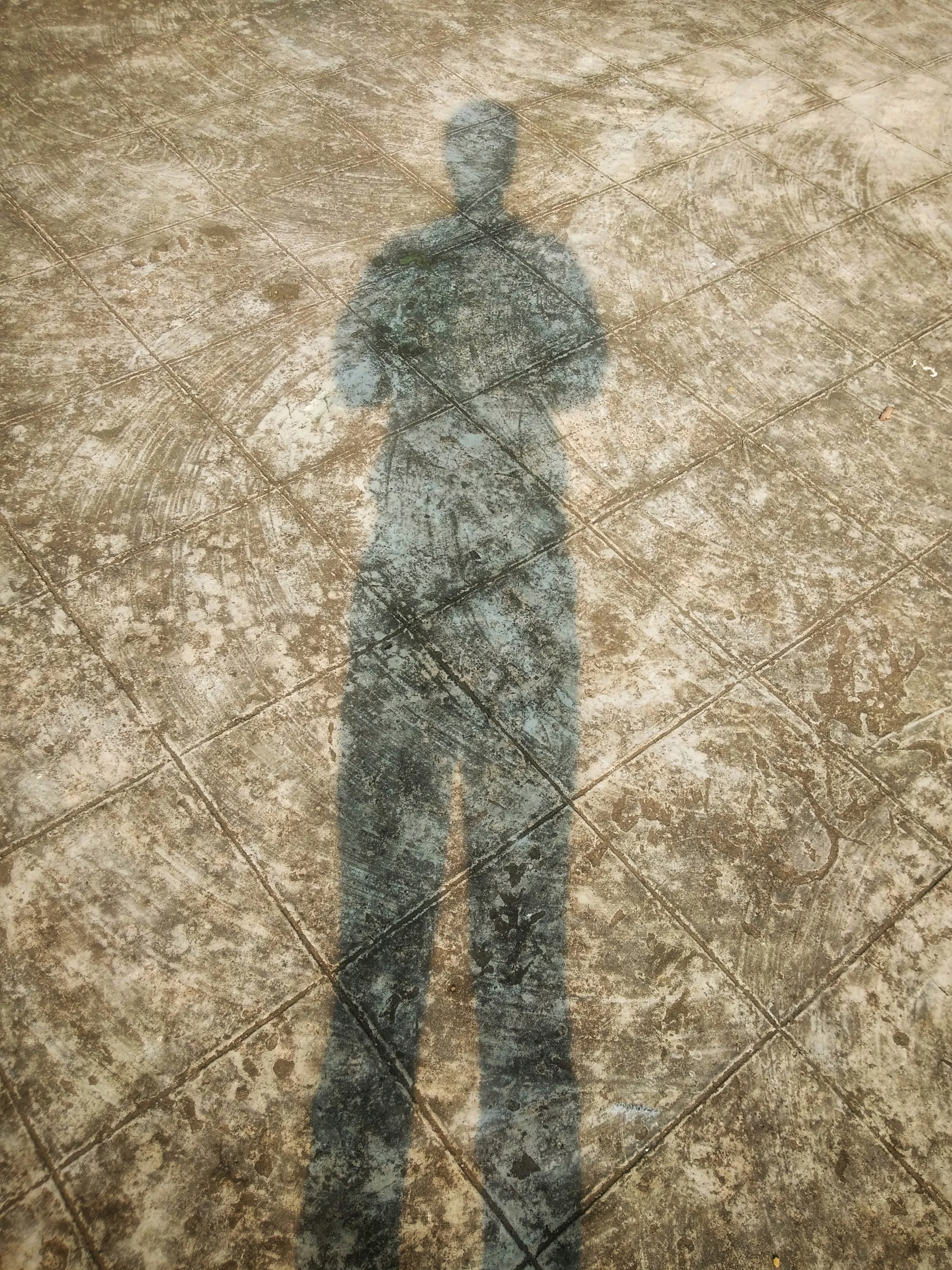The Quiet Work
Passion Sunday 2025
In Luke’s telling of the Passion, we meet people who might seem like little more than narrative footnotes — the kind of people who appear briefly in a story to help it move along, then disappear again. We’re not told what they say; their voices are silent, their presence fleeting. And yet, without them, the Passion doesn’t unfold as it does. These quiet supporters and witnesses, though easy to overlook, play essential roles in the path to the cross. As I reflect on the Passion this year, I find myself drawn to them, and to the way their quiet faithfulness mirrors the often unseen, uncelebrated aspects of our own vocations. The kind of work that doesn’t seek attention but is still essential to a greater purpose.
Take, for example, the owner of the upper room. We never hear from him, but when the disciples arrive, the space is ready. He doesn’t ask questions; he simply provides a place — a humble act that makes a key moment possible: the institution of the Eucharist. His quiet hospitality becomes an essential part of the narrative.
I think about the quiet acts of service I’ve tried to offer. How many times have I set a table for others? Opened my door? Made room in my life for someone, not knowing what that space might come to mean for them, or for me? These small acts don’t often feel monumental, but they remind me that vocation isn’t always about being seen or praised — sometimes, it’s about quietly making room for something sacred to happen.
There’s Simon of Cyrene, pulled from the crowd to carry Jesus’ cross. He doesn’t volunteer. He’s thrust into the moment by necessity, yet he takes on the burden, sharing for a time the weight of Christ’s suffering. We don’t know how he felt about it — whether fear, reluctance, or quiet resolve — but still, he shoulders the load. A heavy burden, unexpected and unwelcome, yet one he carries all the same.
I’ve never had to carry a cross in the same way, but I’ve been asked to bear burdens — to step into situations that weren’t part of my plan. Often, it’s moments where I’m compelled by circumstances not of my choosing that feel like the hardest parts of my vocation. But when I step in, even reluctantly, I discover that there is grace in the act of showing up, of carrying something for a time.
And there are the women. Luke tells us they followed Jesus from Galilee, and now they stay near the cross, watching and waiting. When the ordeal is over, they return home to prepare what’s needed for the burial. Their love doesn’t demand recognition or seek resolution; it simply remains, steadfast in the liminal space between what was and what is yet to come. And when that moment passes, they quietly do what love requires next.
I find myself in their company, too. I can’t claim their courage or unwavering faith, but I’ve known what it’s like to stand in that “in-between”. The place where, at once, everything feels uncertain and overwhelming and nothing seems to be happening. In those moments, where I’ve felt grief or confusion and was powerless to fix them, I’ve tried to stay present, allowing the silent work of love to unfold, even when it feels like all is lost.
And then there’s Joseph of Arimathea. He steps forward when others shrink back, asking for Jesus’ body and offering his tomb. His act of courage, of giving his own space for burial, isn’t grandiose or attention-seeking; it’s simply faithful.
Like Joseph, I’ve had to give up things precious to me — time, energy, plans, possessions — for the sake of others. These things may not seem particularly significant to others, but they are small, essential acts that make other things possible. While they may go unrecognized, I’ve come to realize that it is often through unnoticed sacrifices that greater things unfold — though it’s only later that I come to see their true significance.
As I reflect on Luke’s Passion this year, I’m less focused on where I’ve fallen short and more on where I’ve quietly shown up. It’s easy to measure vocation by visibility, to think that unless it’s big, bold, or celebrated, it doesn’t matter. But these silent figures remind me that vocation isn’t always loud. Sometimes, it’s about making space for others, bearing burdens, staying in the dark, and trusting that our small acts matter.
Maybe that’s enough. Maybe our callings are less about being seen, and more about being faithful. It’s in the quiet, hidden work of love — the work that holds everything together — where resurrection begins.
By Darcie Lich


